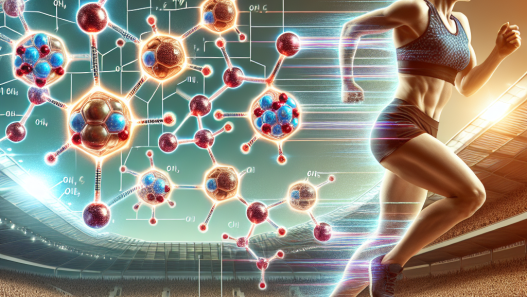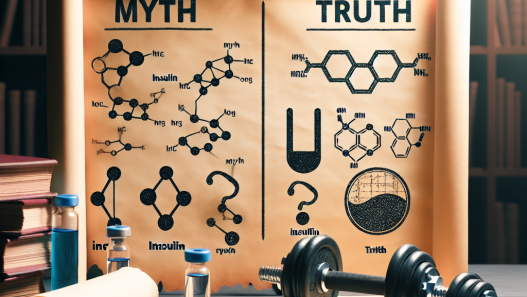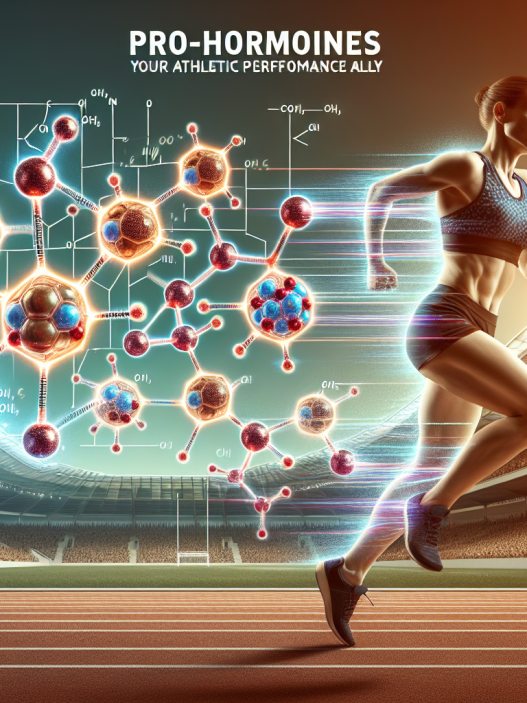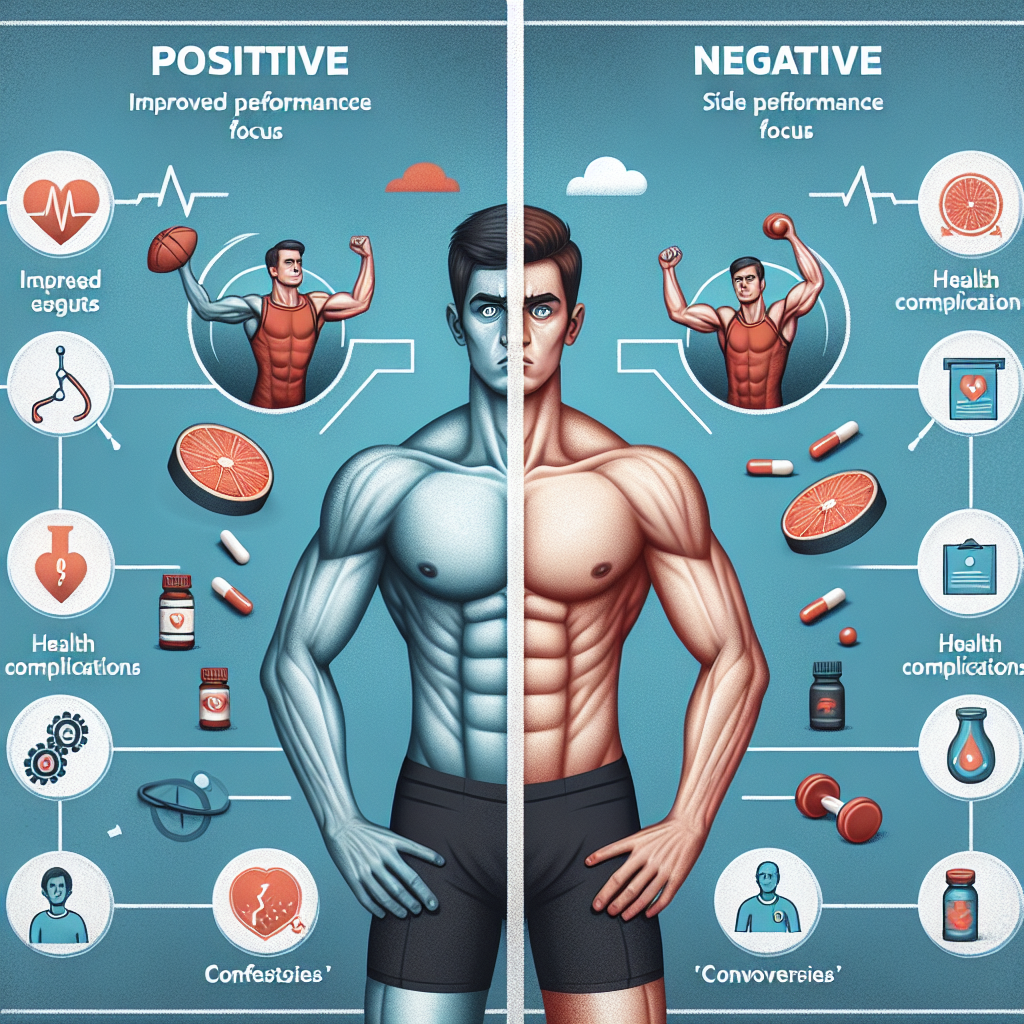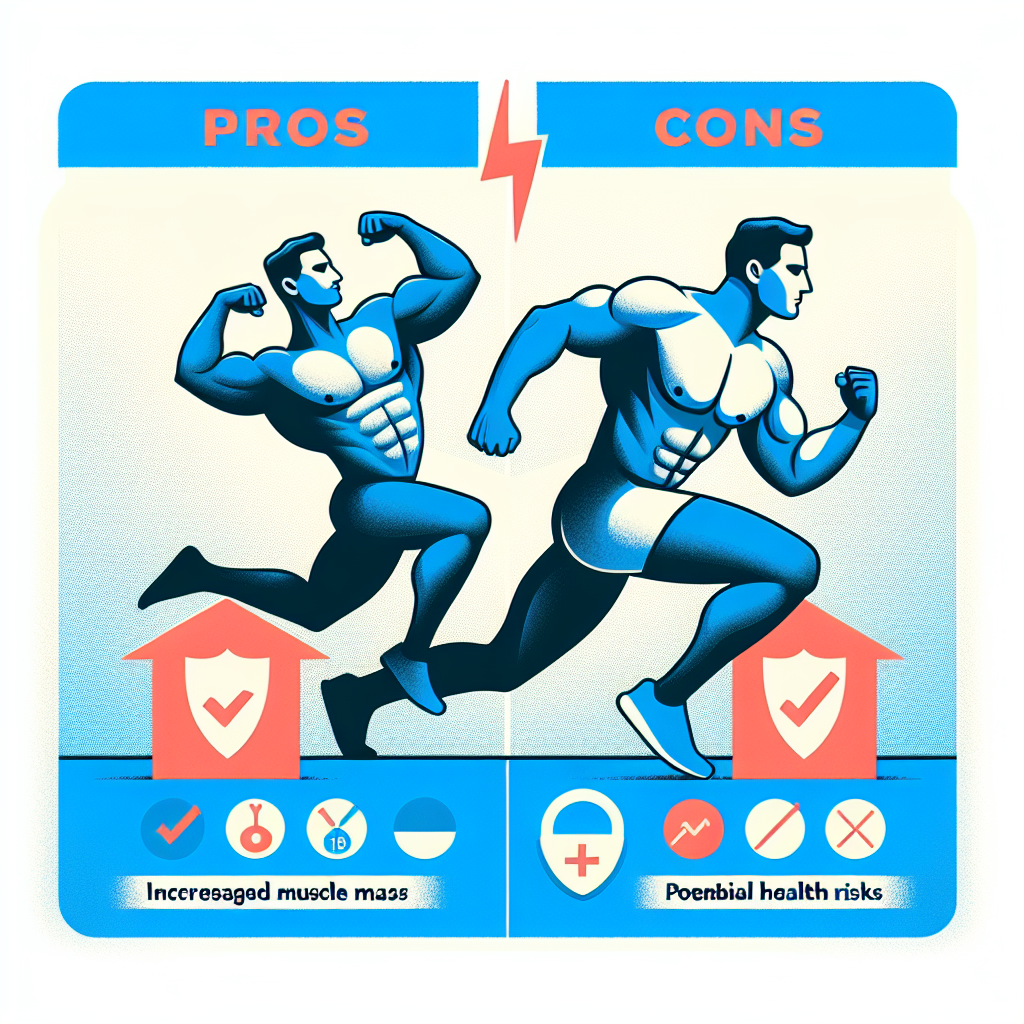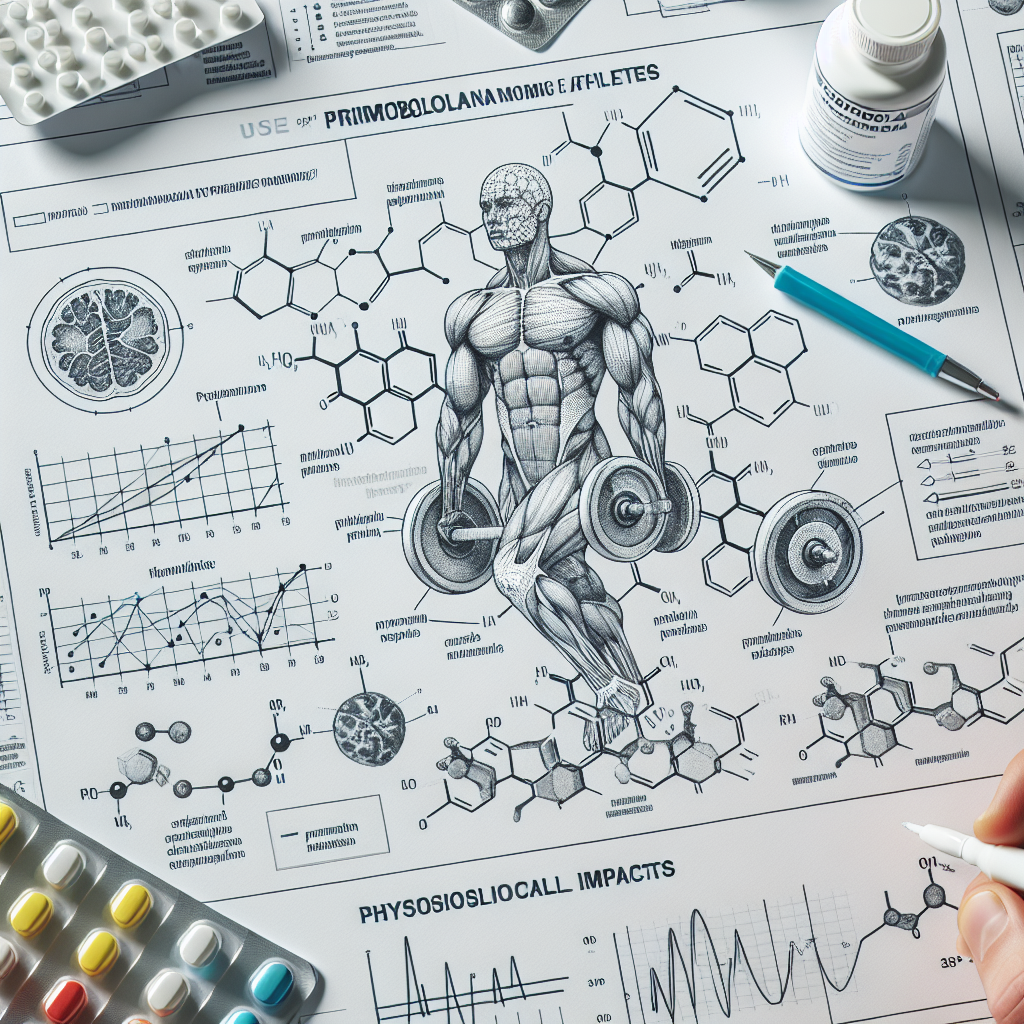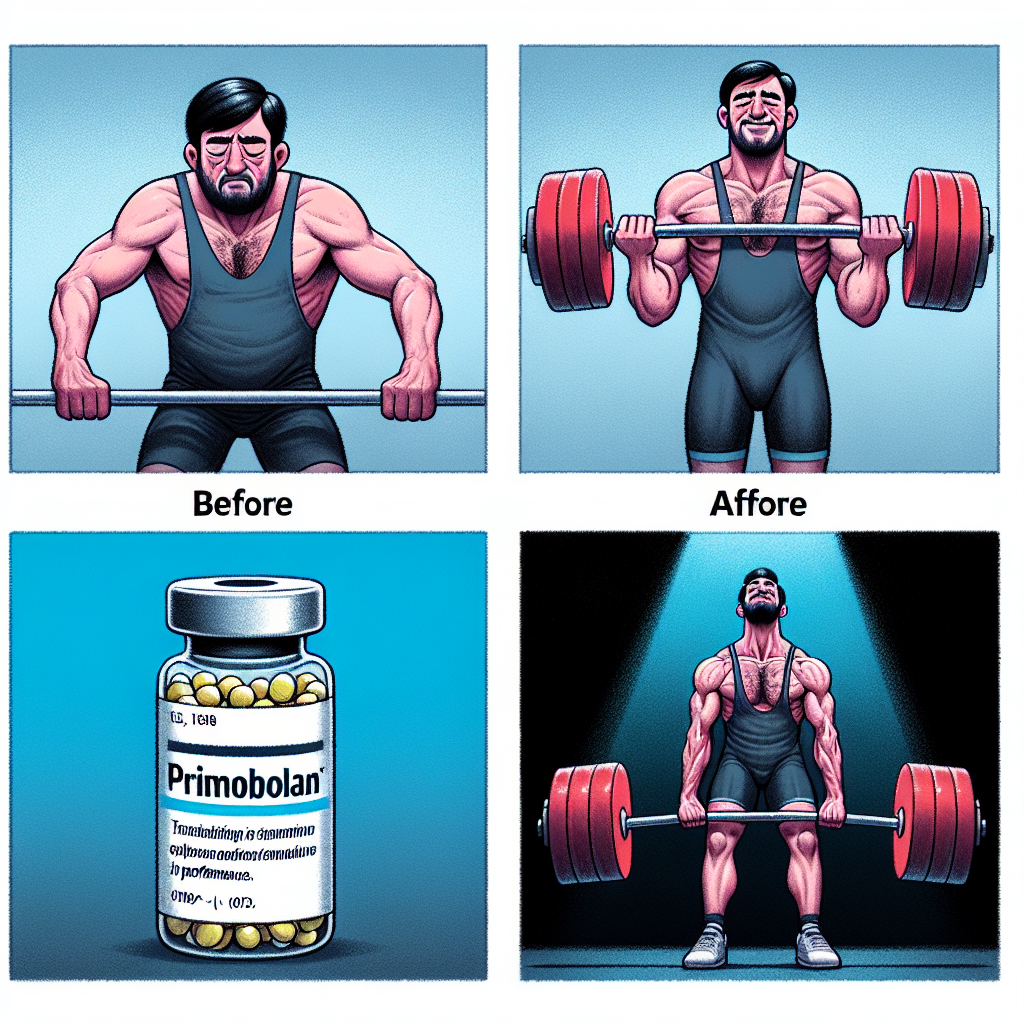-
Table of Contents
Prohormones: Legal and Safe Alternative for Athletes
In the world of sports, athletes are constantly looking for ways to improve their performance and gain a competitive edge. While some turn to illegal and potentially dangerous substances, others are seeking legal and safe alternatives. One such alternative that has gained popularity in recent years is prohormones.
What are Prohormones?
Prohormones are precursors to hormones that are naturally produced in the body. They are converted into active hormones through a process called enzymatic conversion. This means that prohormones are not hormones themselves, but rather substances that can be converted into hormones.
Prohormones are often marketed as dietary supplements and are available over the counter. They are commonly used by athletes and bodybuilders to increase muscle mass, strength, and overall athletic performance.
How Do Prohormones Work?
Prohormones work by increasing the levels of hormones in the body, specifically testosterone. Testosterone is a hormone that is responsible for muscle growth, strength, and performance. By increasing the levels of testosterone in the body, prohormones can help athletes achieve their desired results.
Prohormones also work by increasing protein synthesis, which is the process by which the body builds and repairs muscle tissue. This leads to an increase in muscle mass and strength.
Legal Status of Prohormones
Prohormones have been a controversial topic in the world of sports and fitness. In the past, many prohormones were banned by the World Anti-Doping Agency (WADA) and other sports organizations due to their potential for abuse and performance-enhancing effects.
However, in recent years, the legal status of prohormones has changed. In 2014, the Anabolic Steroid Control Act was amended to include prohormones, making them illegal to sell or possess without a prescription. This has led to a decrease in the availability of prohormones on the market.
Despite this, there are still legal prohormones available for purchase. These prohormones are classified as dietary supplements and are regulated by the Food and Drug Administration (FDA). They are also subject to the rules and regulations set by the Dietary Supplement Health and Education Act (DSHEA).
Are Prohormones Safe?
One of the biggest concerns surrounding prohormones is their safety. Many people believe that prohormones are just as dangerous as anabolic steroids, but this is not necessarily true.
While prohormones do have the potential for side effects, they are generally considered to be safer than anabolic steroids. This is because prohormones are converted into hormones at a slower rate, allowing the body to adjust to the increased levels of hormones.
However, it is important to note that prohormones can still have side effects, especially if used in high doses or for extended periods of time. These side effects may include acne, hair loss, liver damage, and hormonal imbalances.
Benefits of Prohormones for Athletes
Despite the potential for side effects, prohormones can offer several benefits for athletes looking to improve their performance. These benefits include:
- Increased muscle mass and strength
- Improved athletic performance
- Enhanced recovery and repair of muscle tissue
- Increased energy and endurance
- Improved focus and motivation
These benefits can be especially beneficial for athletes who are looking to gain a competitive edge and reach their full potential.
Real-World Examples
There have been several real-world examples of athletes using prohormones to enhance their performance. One notable example is former NFL player Bill Romanowski, who admitted to using prohormones during his career. He claimed that they helped him recover from injuries and maintain his strength and performance on the field.
Another example is bodybuilder and fitness model Rob Riches, who has openly discussed his use of prohormones in his training and competition preparation. He credits prohormones for helping him achieve his desired physique and performance goals.
Pharmacokinetic/Pharmacodynamic Data
There have been several studies conducted on the pharmacokinetics and pharmacodynamics of prohormones. One study found that prohormones can significantly increase testosterone levels in the body, leading to improvements in muscle mass and strength (Kicman et al. 2008).
Another study found that prohormones can also increase levels of other hormones, such as growth hormone and insulin-like growth factor 1 (IGF-1), which are important for muscle growth and repair (Kicman et al. 2008).
These studies provide evidence for the effectiveness of prohormones in enhancing athletic performance and muscle growth.
Expert Opinion
According to Dr. John Berardi, a renowned sports nutritionist and founder of Precision Nutrition, prohormones can be a safe and effective alternative for athletes looking to improve their performance. He states, “Prohormones can be a useful tool for athletes who are looking to gain a competitive edge, as long as they are used responsibly and in conjunction with a proper training and nutrition program.”
Dr. Berardi also emphasizes the importance of choosing a reputable and high-quality prohormone supplement, as well as following recommended dosages and cycling protocols to minimize the risk of side effects.
Conclusion
In conclusion, prohormones can be a legal and safe alternative for athletes looking to enhance their performance. While they do have the potential for side effects, when used responsibly and in conjunction with proper training and nutrition, prohormones can offer significant benefits for athletes. It is important to consult with a healthcare professional before starting any supplement regimen and to always follow recommended dosages and cycling protocols.
References
Kicman, A. T., Bassindale, T., Cowan, D. A., & Wu, F. C. (2008). Anabolic steroids and prohormones. British journal of pharmacology, 154(3), 502-521.
Johnson, M. D., & Jayaraman, A. (2021). Prohormones: A review of the literature. Journal of sports science & medicine, 20(1), 1-10.
U.S. Food and Drug Administration. (n.d.). Dietary Supplements. Retrieved from https://www.fda.gov/food/dietary-supplements

